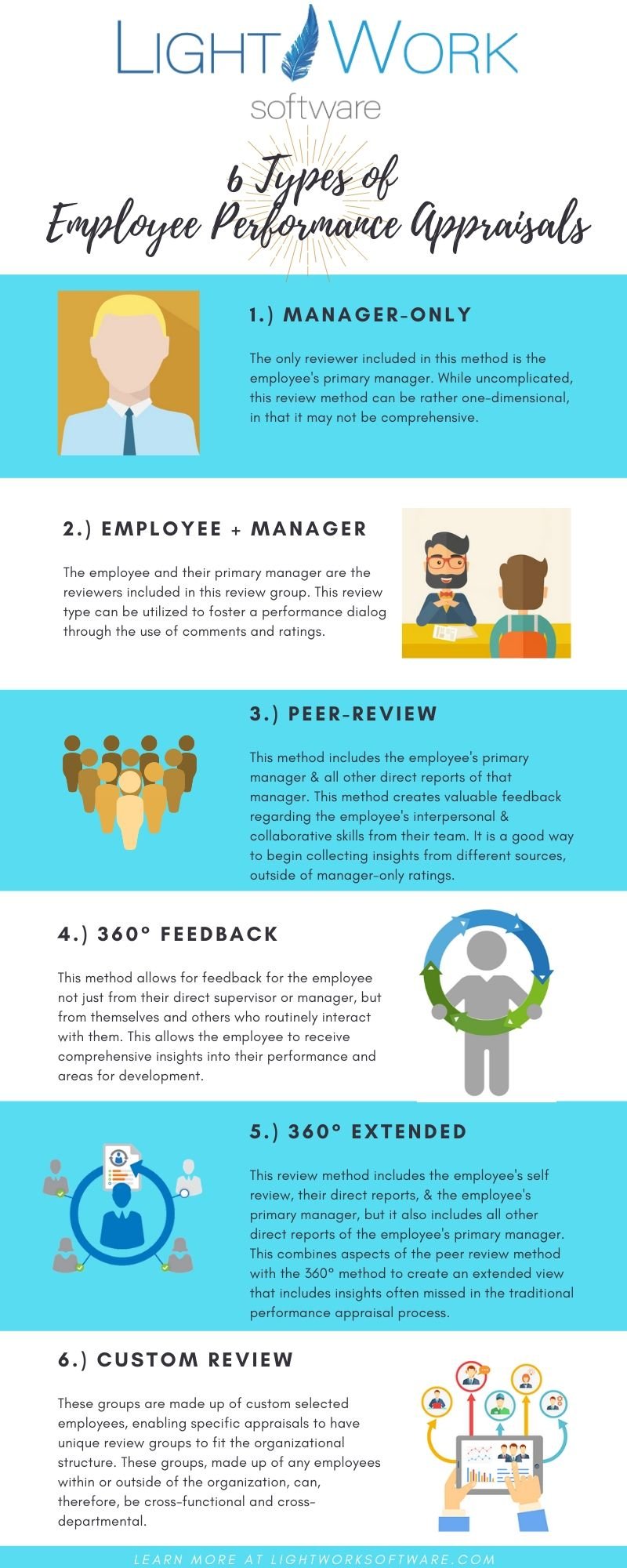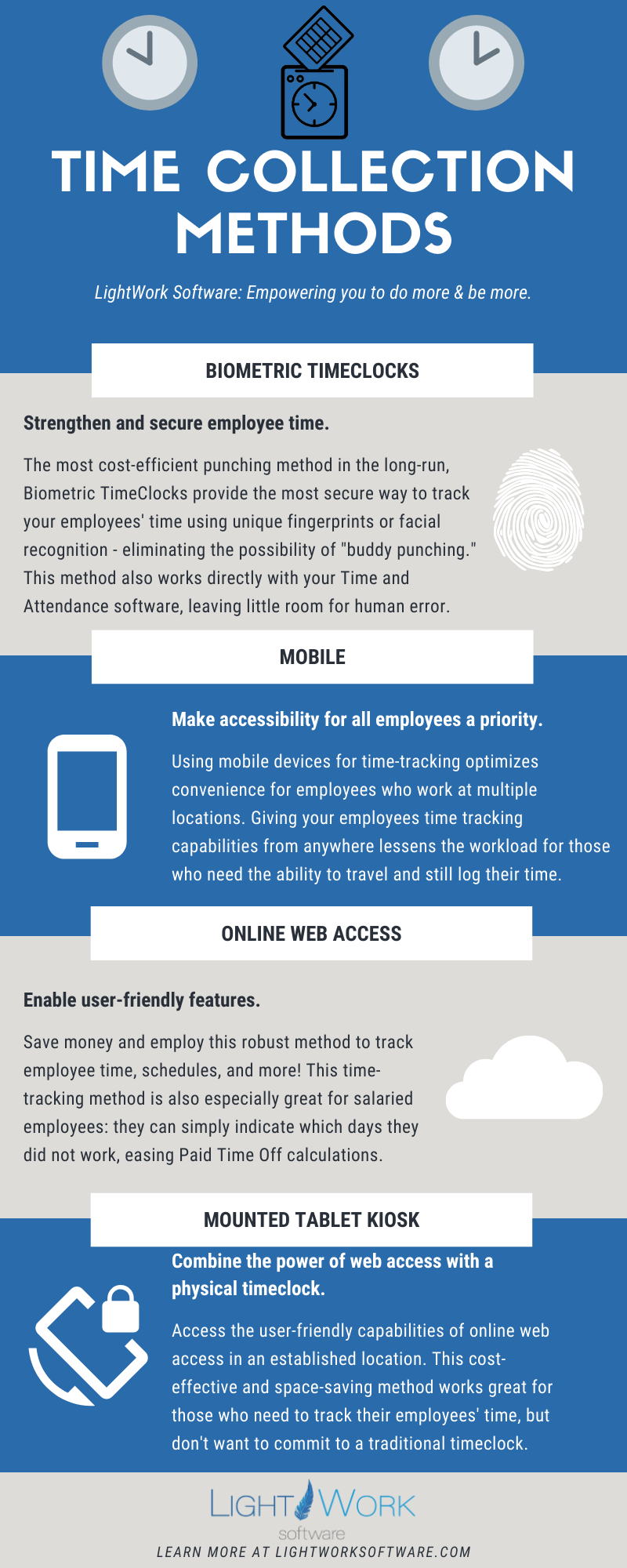Biometric Timekeeping: The Top 3 Reasons Why It’s Worth the Investment
What are Biometric TimeClocks?
Hear more from the team in our Blog! Reporting on developments in technology, delivering pro-tips on workforce management, and examining the changing needs of workforces in a digital world.

What are Biometric TimeClocks?

Employee performance appraisals are imperative for many businesses to function smoothly, as they ensure that everyone is communicating and doing their job at an optimal level of performance and efficiency. However, sometimes it is difficult to give employee feedback – wording something incorrectly can cause misunderstanding and may even come across as offensive, even if that was not the intention. If an employee is struggling with their performance, it is important to clearly phrase their need for improvement in a positive light to avoid any chances of miscommunication or offense.

Timeclock fraud is an ever-prevalent problem for businesses, big or small. Fortunately, an increase in technology usage with time tracking has reduced the ability of employees to commit timeclock fraud. Timeclock fraud happens when an employee records hours that they did not work and collects a paycheck for them. While still somewhat damaging to larger corporations, for smaller businesses, even just a few instances of timeclock fraud can severely cripple their finances. The Fair Labor and Standards Act says that the burden of tracking employee hours falls completely on the employer, but it does not specify how to track the hours worked. That being said, there are plenty of ways for businesses to have their employees log their time, but many have issues with efficiency and even more deal with major inaccuracy. Below are some common ways timeclock fraud happens:

Choosing the right type of performance appraisal for your employees can be daunting. From manager only, employee and manager, or peer-review, to 360-degree feedback, 360-degree extended feedback, and even a custom review group. The variety of methods available allows managers to choose the type of appraisal that best identifies strengths and weaknesses of employee performance for the particular employee based on the type of role they have. For example, someone who works in the back office primarily by themselves might benefit most from an employee and manager review, while someone in sales may benefit from a 360 degree extended appraisal that includes key clients.

There are many ways to track employee time worked. Hourly employees must “punch in” at the beginning of their work period, and “punch out” at the end. However, time tracking needs from hourly employees are not the same as those for employees on salary. Employees who are on salary will need to acknowledge their work period and indicate any time off but would not have need to punch in and out like their hourly coworkers. There are many methods in which an employee can record their time, and some methods work better than others depending on organizational and workforce needs.